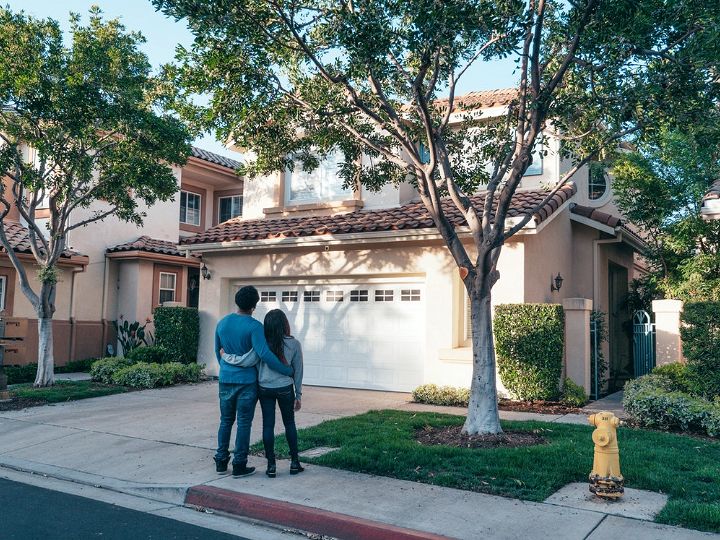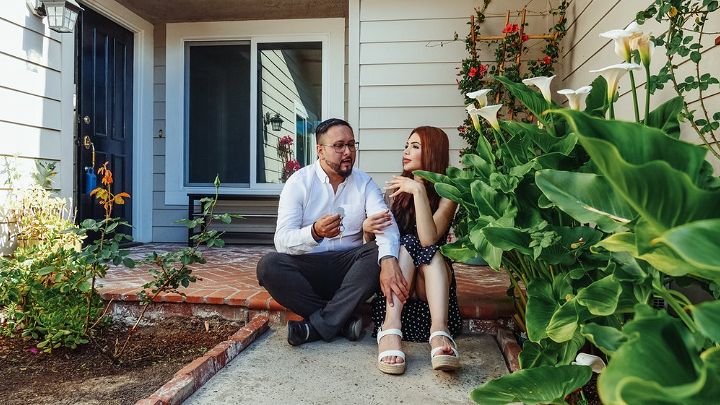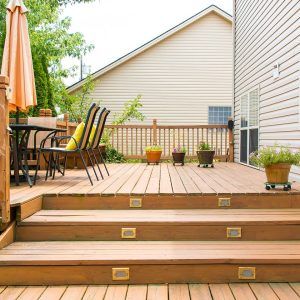Homeowners Insurance provides financial protection for your house and personal property. Find out the basics of homeowners insurance and what it covers.
What Is Homeowners Insurance?
Homeowners insurance can cover your belongings and home if they are damaged or destroyed by certain perils such as fire, theft, or other causes. You may be eligible for reimbursement if your property is damaged or someone else is injured in your home.
What Is The Cost Of Homeowners Insurance?
Costs of homeowners insurance are affected by a variety of factors including your selection of coverages, the features of your home, and the value of personal possessions. You may have to pay additional fees for coverages that are not included in your policy or higher coverage limits. An agent at APOLLO Home can help you select the right coverages for you and determine if you qualify for any policy discount.

What Do Homeowners Insurance Overlook?
Homeowners insurance usually covers
- Your dwelling
- You may also have other structures like a garage
- Personal property
- Liability for injury or damage to property of another person
For greater protection, you may be able to purchase additional coverages. Most homeowners insurance policies cover damage from hail and lightning strikes. It is important to understand that homeowners insurance does not cover all-natural disasters. Homeowners insurance does not usually cover damage from seismic and flooding. To protect your home and belongings from these types of risks, you may be eligible to buy separate insurance policies.
Dwelling Protection
Dwelling coverage is one of the most basic coverages in a homeowners insurance policy. This helps to cover the structure of your home (e.g. The house’s foundation, walls, and roof). Other structures attached to the house, such as a garage, deck or other structures, may be covered by dwelling protection against certain risks.
Other Structures – Protection
Many homeowners insurance policies include coverage for any other structures on your property, but not your home.
Personal Property Protection
Insurance for homeowners does more than protect your home from damage. You may also be eligible for protection for personal items that you keep in your home. Imagine your electronics being stolen or furniture damaged in a fire. If your belongings are damaged or destroyed due to a covered risk, personal property protection can help you pay for the repair or replacement. Numerous insurers also offer optional coverages to help you protect your belongings. You may be eligible to buy extended cover for jewelry, watches, and furs with values that exceed your personal property coverage limits.

Liability Protection
A homeowners policy typically covers liability in the event that someone is hurt while they are on your property. Imagine a guest trips on your porch step. If you are found to be at fault, bodily injury liability coverage can help cover your legal costs and the visitor’s medical bills. A personal umbrella insurance may increase your liability coverage. You can ask your agent about the options available.
Coverage Limits And Deductibles
Remember that homeowners insurance policies have a limit which is the maximum your policy will pay for a covered loss. Your coverage limits may be adjusted to meet your needs. This includes taking into consideration the actual value of your home and your belongings, as well as how much it might cost to repair or replace them in the event they are damaged by a covered loss.
Most cases, your deductible will be due before your insurance benefits kick in. For more information about your coverage and deductibles, consult your agent. They can usually be adjusted to meet your needs.
A homeowners insurance policy can provide protection in the event of an unexpected. An insurance broker will help you choose the coverage and limits that are most appropriate for you.





